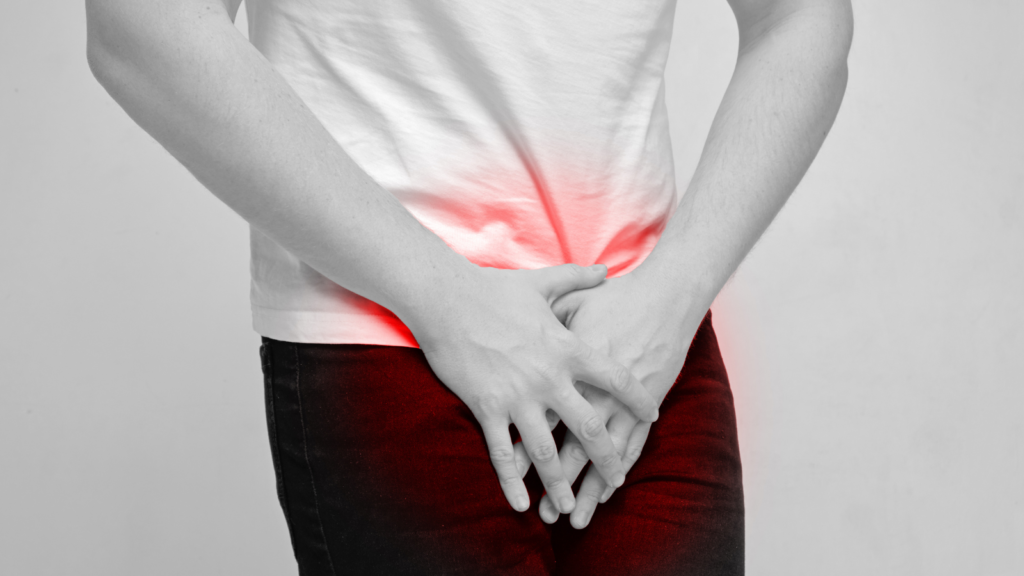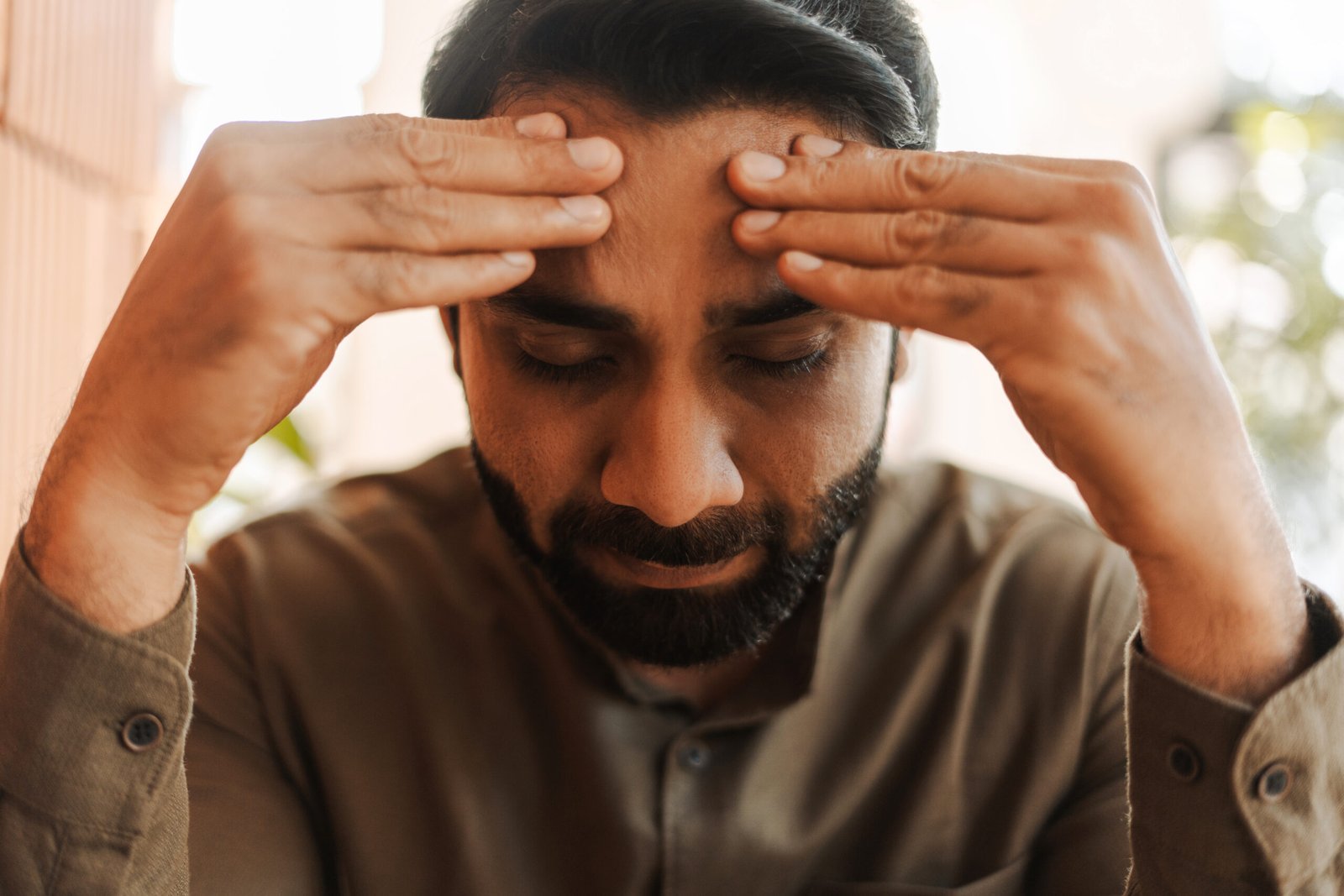The urinary bladder is a muscular sac in the pelvis, just above and behind the pubic bone. When the bladder is empty it is approximately the size and similar shape of a pear. Urine is made in the kidneys and travels down two tubes called ureters to the bladder. The bladder stores the urine, which helps control the flow of urination.
An overactive bladder is a condition where the bladder expels or releases the urine out at the wrong time.

Symptoms of an Overactive Bladder:
- Urinate eight or more times a day or two or more times at night.
- Have the sudden, strong need to urinate immediately.
- Leak urine after a sudden, strong urge to urinate.
- Urine incontinence or loss of bladder control
The prostate is a gland of the male reproductive system. It is found in front of the rectum and just below the bladder, the organ where urine is stored. The prostate gland is about the size of a chestnut and is responsible for various functions. The most important is producing seminal fluid, which is a component of semen. It also plays a role in hormone production and helps regulate the flow of urine. Prostate problems are quite common, especially in older men.
The Ayurvedic name for the prostrate is Asashteela which translates as “a small stone used to sharpen swords”. When the gland is affected by excess vata, it causes a condition known in Ayurveda as vathaashteela. As we age, the vata dosha naturally increases in the body and becomes increasingly dominate starting at around age 50. The vitiated vata dosha disturbs the digestive fire which causes ama to form. Ama is a sticky residue caused by weak digestion or incomplete metabolism. Ama can spread throughout the tissues of the body and can accumulate anywhere including the bladder and prostate gland.
In Ayurveda, Conditions affecting the urinary system and kidneys are broadly termed Mutravaha Srota Roga. Generally, the specific disorders affecting the bladder and urethra are known as Mutraghata which is usually caused by an aggravated vata dosha.
Root Causes for Aggravated Vata Dosha in the Prostate gland
- Delaying the urge to urinate
- Delaying the urge to defecate
- Over-indulging with sex
- Eating foods that are too dry and cold, or not eating enough
- Older age
- General debility
- Indigestion or weak digestion
- Excess physical or mental exertion
An enlarged prostate gland can cause uncomfortable urinary symptoms, such as blocking the flow of urine out of the bladder. It can also cause other problems with the bladder and urinary system.
Each person with an enlarged prostate will experience varying stages of symptoms that gradually worsen over time when left untreated.

Common Symptoms of Enlarged Prostate Gland
- Frequent or urgent need to urinate.
- Increased frequency of urination at night
- Difficulty starting urination.
- Weak urine stream or a stream that stops and starts.
- Dribbling at the end of urination
- Inability to completely empty the bladder.
Ayurveda supports the symptoms of enlarged prostate and bladder by pacifying the aggravated vata dosha and rejuvenating the urinary system. An Ayurvedic health plan supports decreasing the size of the prostate gland and strengthening the muscles and two sphincters found in the bladder. When the person’s diet and lifestyle regimen greatly pacify the aggravated vata dosha it will enhance the quality of life for the person.
There are certain herbal supplements helps in these conditions like Chandra Prabha Vati, Kanchanar Guggulu, and Sukumara Kwatham.

Param Wellness is an authentic Ayurveda, Yoga & Nature Cure wellness center located in the heart of Oak Tree Road in Edison, New Jersey.
Address: 1655 Oak Tree Rd Suite 215/220, Edison, NJ 08820 USA
Phone: +1 (732) 662–5345
Whatsapp: +1 (732) 781–5686
Inquire Now: Paramwellness.com
Shop Our Brand: https://paramcare.com/
Our Courses: Param Wellness Academy



